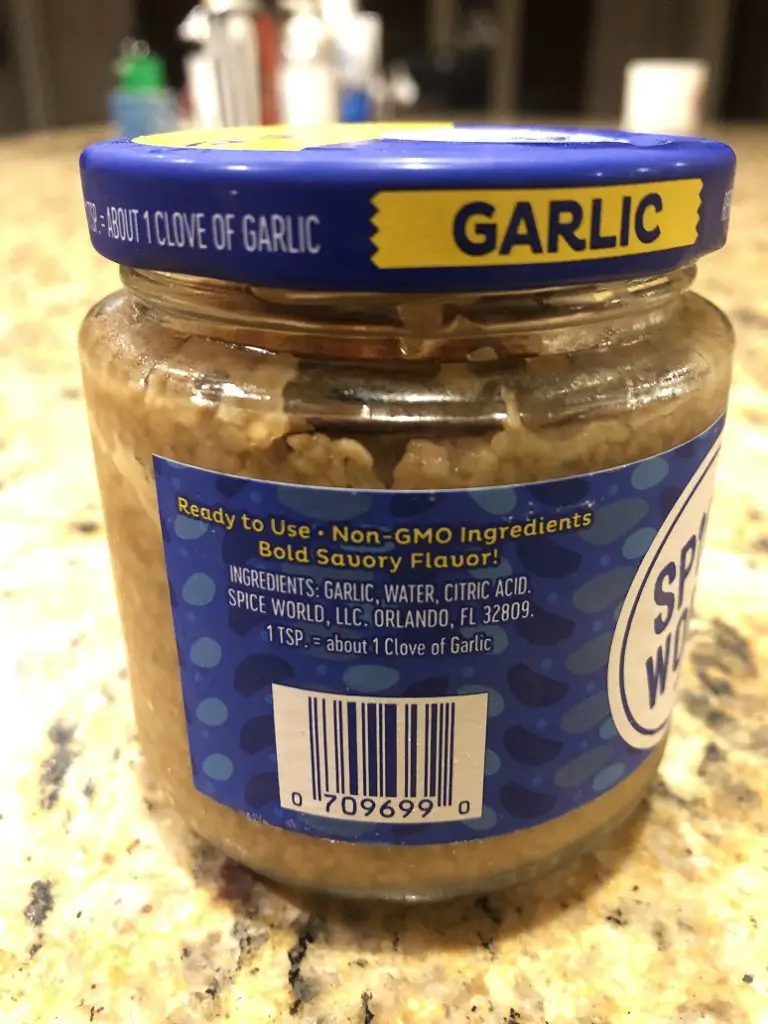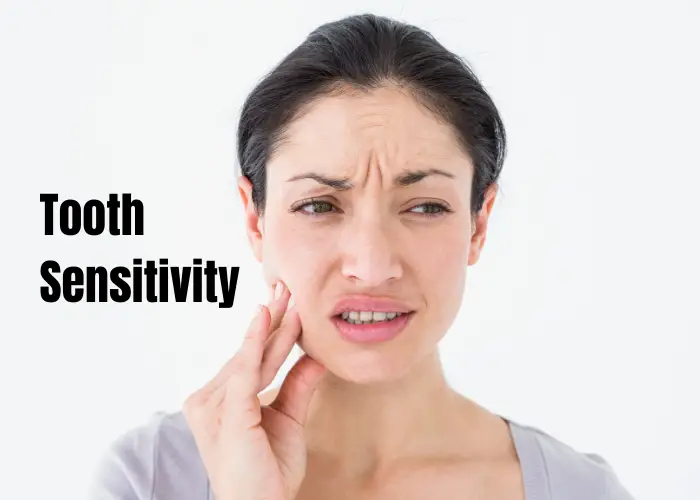You used to schedule an appointment at a dental office for professional teeth whitening procedures back in the day. Professional treatments were expensive, but they had one major advantage over the whole home teeth whitening process. If you experienced any side effects, they could be handled at the dentist. These days, whitening treatments are available just about anywhere.

Generally speaking, an OTC professional whitening treatment will give you whiter teeth and a brighter smile. A whitening kit should not cause much discomfort, and sensitivity issues are usually quite tolerable after teeth whitening. There are special kits that use alternative ingredients that tend to cause less sensitivity.
I will go into more detail, but if you just finished a teeth whitening procedure and your dentist isn’t around.


The garlic paste is worth trying, especially if you don’t have any sensitivity gel, a numbing agent, or toothpaste for sensitivity nearby.
Over-the-counter tooth whitening kits are a great way to have a beautiful smile without undergoing a dental procedure. , But you may want to double-check your whitening methods and active ingredients. If you didn’t happen to choose the lower peroxide level, or you don’t have strong enamel or thin enamel in some areas, you might be surprised if you decide to use one of these take-home kits.
My Teeth Are Killing Me After Whitening

It was 11 pm one night. My daughter came to my room. She had just used one of those over-the-counter hydrogen peroxide whitening tray whitening products.
She said, “my teeth are killing me! What can I do?” At first, I thought she was overreacting to a generalized sensitivity, but she wasn’t. We didn’t have any orajel (tooth numbing gel handy), so we tested pretty much every home remedy we could find. Nothing was working.
What made it worse was that she kept getting painful “zingers” that traveled all the way down to her toes. It feels akin to getting struck by lightning in your mouth. Teeth whitening pain zingers cause nearly unbearable pain after teeth whitening treatments.
The Best Way For Us To Ease The Nerve Pain After Her Teeth Whitening Treatment?
The short answer: –Minced Garlic.
We packed minced garlic on and around that specific tooth. To this day, I’m not sure why it worked, but it made the pain bearable and lessened the zingers. It is an effective way to reduce pain.
Of course, over-the-counter products like pain medications and local (gel) pain relievers can help, but if you find yourself in a situation where nothing is working. Try the minced garlic.
If you don’t have any, you can try crushing garlic up, putting it in olive oil, and spreading it around the tooth. This may help you get through until you can see a dental professional.
Tooth Sensitivity After Teeth Whitening Treatment

Suppose you are experiencing less severe tooth hypersensitivity after whitening your teeth. Here is what you can do about it.
In general, hypersensitivity happens because the bleaching agent used to whiten teeth can remove some of the enamel, exposing the underlying dentin. Dentin is a much softer tissue than enamel and is filled with tiny pores that lead to the nerve endings in the tooth. When this exposed dentin comes into contact with acidic foods and cold drinks, it can cause a sharp sensation in the tooth.
There are a few things that you can do to help reduce tooth hypersensitivity after whitening your teeth. First, use desensitizing toothpaste for a few weeks before and after you whiten your teeth. This will help to build up the enamel and reduce the exposure of the dentin. You can also try using a bleaching gel that does not contain peroxide.
These gels use an active ingredient such as peroxide or potassium nitrate, which helps remove surface stains on the teeth but can cause tooth hypersensitivity. Finally, be sure to see your dentist for regular cleaning and checkup. This will help to remove any build-up on the teeth that could be causing the tooth hypersensitivity.
If you experience teeth sensitivity after whitening, there are a few things you can do to ease the discomfort. First, try using toothpaste for sensitive teeth. These kinds of toothpaste contain ingredients that help to soothe and protect the teeth. You can also try using a fluoride mouth rinse, which can help to reduce sensitivity. If you find that your teeth are still sensitive after using these products, you may want to try using desensitizing toothpaste. These kinds of toothpaste contain ingredients that help to temporarily reduce the sensitivity of the teeth. If you find that your teeth are still sensitive after using these products, you may want to consider seeing a dentist. A dentist can determine the cause of your teeth sensitivity and recommend a treatment plan that is right for you.
There are a few different types of foods that you should avoid if you have sensitive teeth. These include:
1. Foods that are high in acidity
2. Foods that are very hard or crunchy
3. Foods that are extremely hot or cold
Acidic foods can cause sensitivity because they can erode the tooth enamel. This can lead to the exposure of the sensitive dentin underneath. Hard or crunchy foods can also cause sensitivity by irritating the gums and causing them to recede. This exposes the roots of the teeth, which are much more sensitive than the rest of the tooth. Hot or cold foods can also aggravate sensitive teeth by causing the nerves to expand and contract.

Teeth whitening sensitivity is a common side effect of your typical bleaching gel. Usually, it is only temporary and goes away within a few days to a week after you finish whitening your teeth. If you have tooth sensitivity, you may experience discomfort when eating sweet or acidic foods and drinking hot or cold beverages. You may also feel a tingling or stinging sensation when you brush your teeth.
There are a few things you can do to help reduce tooth sensitivity after whitening your teeth:
– Use a desensitizing toothpaste and soft-bristled toothbrush: These kinds of toothpaste contain ingredients that help to block the pores in your teeth, which can help to reduce sensitivity.
– Take a break from whitening: If your teeth are feeling extra sensitive, take a break from whitening for a few days. You can always pick up where you left off once the sensitivity subsides.
– Use a toothbrush with soft bristles: A toothbrush with softer bristles will be less likely to aggravate your gums and cause sensitivity.
If you are still experiencing sensitivity after a week or two, consult with your dentist to see if any other options can help.
